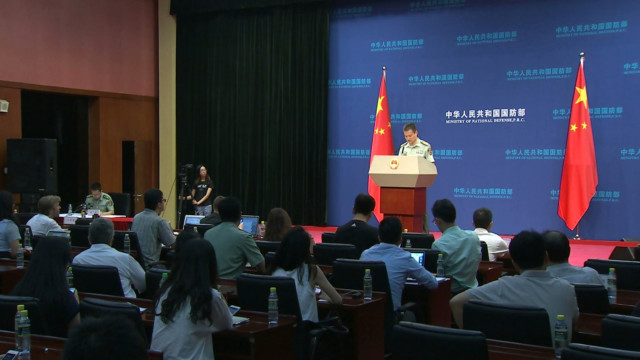China is celebrating an important milestone in its history. The People’s Liberation Army was founded 89 years ago.
And, as the country marked the anniversary, President Xi said only military reform can help build a strong armed forces.
As China’s national strength increases, it’s assuming a greater role on the world stage.
The Chinese military has become more active by participating in U.N. peacekeeping missions to help maintain global and regional stability. CCTV’s Tang Bo reports.

Violent clashes in South Sudan killed two Chinese U.N. peacekeepers in July. Another Chinese peacekeeper died in May in an attack on a U.N. camp in Mali.
The three deaths highlight the increasing risks faced by Chinese peacekeeping troops. China’s defense ministry said it has taken measures to protect Chinese peacekeepers in the future. But that won’t change China’s participation in U.N. peacekeeping operations.
China began to participate in U.N. peacekeeping operations in 1988 and sent its first peacekeeping troops the following year.
Today, China is the second largest financial contributor to U.N. peacekeeping.
It has dispatched the largest number of peacekeepers among the five permanent members of the U.N. Security Council, with more than 3,000 Chinese taking parts in more than 20 peacekeeping missions.
The Chinese role has shifted from noncombat personnel like engineers and medics to infantry and other combat units. China has pledged up to 8,000 personnel to U.N. peacekeeping missions.
Experts said President Xi’s pledge, if fully implemented, will serve as a much needed boost for U.N. peace operations. More importantly, China can play a very valuable role by contributing well-trained, disciplined peacekeepers, and increasing the expertise available for U.N. peace keeping operations.
Teng Jianqun on PLA’s 89th anniversary
For more on PLA’s 89th anniversary, CCTV America’s Elaine Reyes spoke to Teng Jianqun, director for the Center of Arms Control, which is part of the China Institute of International Studies.
 CGTN America
CGTN America
